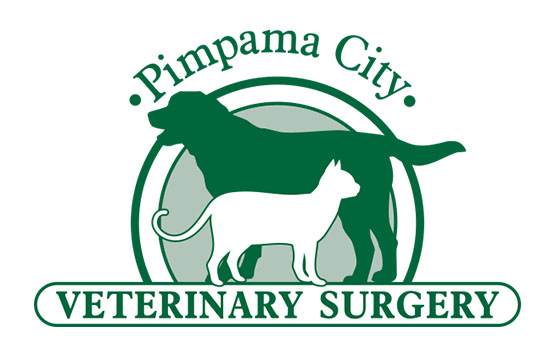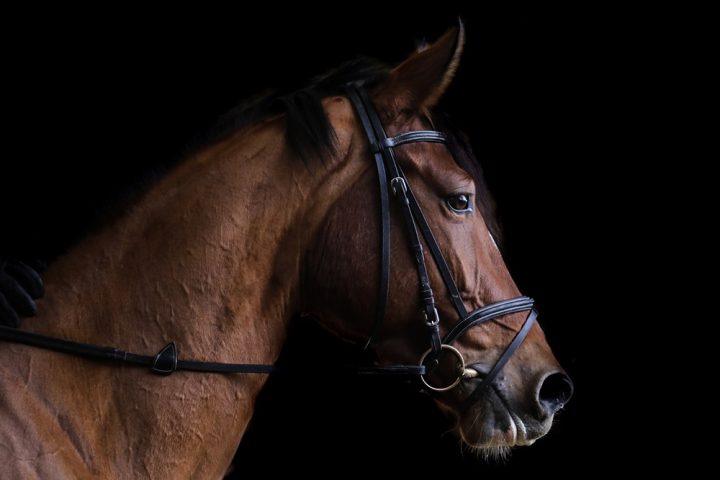As most of you would be aware, our practice recently attended a horse on Tamborine Mountain that was infected with Hendra virus. The situation was very distressing for the owner of the property, the owner’s family, and the attending veterinarians. Government authorities are currently investigating the positive case outlined above.
In light of this recent positive Hendra case, Tamborine Mountain and Canungra Veterinary Surgeries wish to advise that as of May 31 2017, we will not attend or examine any horse that is not currently up to date with their Hendra vaccinations. This policy will be regularly reviewed, but it will remain in place for the foreseeable future.
As a veterinary practice, we have a strong commitment to caring for clients and their animals. The decision to limit treatment options to unvaccinated horses has been extremely difficult. However, our absolute commitment to ensure the safety of our staff and their families has compelled us to adopt this policy.
Since the introduction of the HeV vaccine in 2012, we have continued to treat unvaccinated horses, despite the strict and demanding requirements of Biosecurity Queensland. We have been respectful and tolerant of people’s refusal to vaccinate. We would request that horse owners be respectful of our decision, and the reasons for it. Whilst personal protective equipment (PPE) greatly reduces the risk of exposure to live Hendra virus, the risk of infection is still present, especially when invasive procedures are performed.
Any horse that is unwell must always be considered at risk of having HeV as the clinical signs are extremely variable. The recent Hendra case on Tamborine Mountain exhibited very few of the clinical signs typically associated with Hendra virus infection. Fortunately for everyone concerned, the attending veterinarians followed our strict Hendra policy to always suspect Hendra infection in an unvaccinated horse. Recent evidence suggests that infected horses may be shedding the virus (and therefore are contagious) at least 3 days before they show any signs of being unwell. As a consequence, routine examination of any unvaccinated horse potentially poses a risk to the owner and the attending veterinarian during this period.
Hendra virus (HeV) is a fatal disease in horses and people. Mortality rates in infected horses is 100%, and in people is 65%. Veterinarians and their staff are at risk from HeV, and they account for all but one of the human fatalities.
Vaccination against HeV is considered pivotal in reducing the risk of horses contracting HeV, and consequently reducing the risk of people contracting the disease. We thank horse owners who have chosen to vaccinate their horses against the fatal Hendra virus. We have assessed the relevant research into the HeV vaccine and based on this research, clinical trials and personal experience we strongly recommend the vaccine as a safe and effective prevention of HeV in horses.
Click here to read more info about Hendra virus. Please feel free to contact us if you would like to discuss vaccinating your horse.



